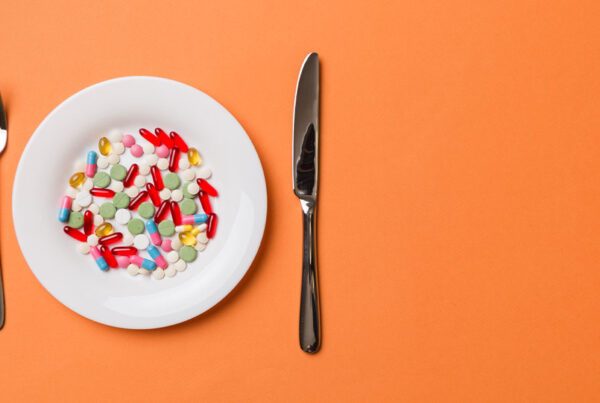Alcohol and Cancer
The alcohol content found in alcoholic beverages is called ethanol (ethyl alcohol). It’s made when yeast ferments the sugars in grains, fruits and vegetables. For example, wine is made from the sugar in grapes and vodka is made from the sugar in potatoes.
Most of us drink alcohol as a part of our culture, social reasons, peer pressure or as a way to get rid of stress. The risk of developing cancer due to alcohol consumption increases with every drink that you take. This does not mean that you will definitely have cancer if you drink alcohol, but you can certainly reduce the risk of developing not only cancer, but also the risk of developing other diseases such as heart disease, liver disease, high blood pressure etc, if you reduce or avoid alcohol altogether.
Alcohol is one of the most common risk factors for cancer but the good news is that it’s preventable. Drinking alcohol on a regular basis can cause cancers such as mouth, throat, esophagus, stomach, liver, breast etc.
How does alcohol cause cancer?
According to cancerresaerch.uk.org, there are three main ways alcohol can cause cancer:
● Damage to cells – When we drink alcohol, our bodies turn it into a chemical called acetaldehyde. Acetaldehyde can cause damage to our cells and can also stop the cells from repairing this damage.
● Changes to hormones – Alcohol can increase the levels of some hormones such as estrogen and insulin. Hormones are chemical messengers and higher levels can make cells divide more often, which raises the chance of the development of cancer cells.
● Changes to cells in the mouth and throat – Alcohol can make cells in the mouth and throat more likely to absorb harmful chemicals. This makes it easier for cancer-causing substances (like those found in cigarette smoke) to get into the cell and cause damage.
Excess alcohol intake over a period of time can also cause unnecessary weight gain as it provides empty calories without the benefit of any nutrients, which in turn is also one of the risk factors for developing cancer.
What if I used to drink alcohol, but now I have stopped! Is there a chance that I might still have cancer in the future?
The risk of developing cancer might not decline immediately; but the risk can decline overtime. It may take many years to fully eliminate that risk; however, quitting is a very important step to improving your health and decreasing your cancer risk.
References:
https://www.cancerresearchuk.org/about-cancer/causes-of-cancer/alcohol-and-cancer/does-alcohol-cause-cancer
https://www.mdanderson.org/cancerwise/does-alcohol-cause-cancer.h00-159383523.html
https://www.cancer.org/cancer/cancer-causes/diet-physical-activity/alcohol-use-and-cancer.html
Tags: Alcohol, ethanol (ethyl alcohol), most common risk factors, Damage to cells, acetaldehyde, Changes to hormones, estrogen and insulin, unnecessary weight gain, empty calories, cancer









